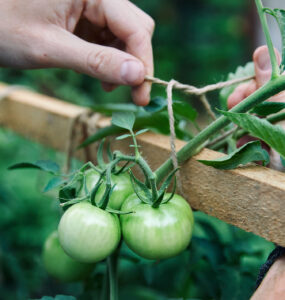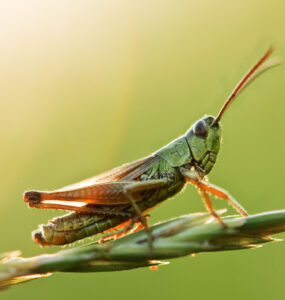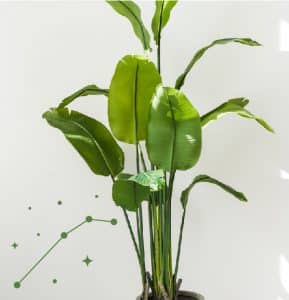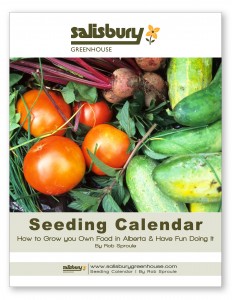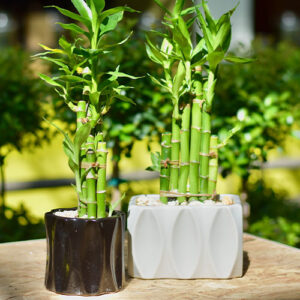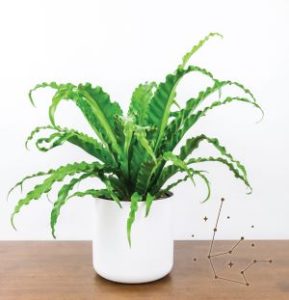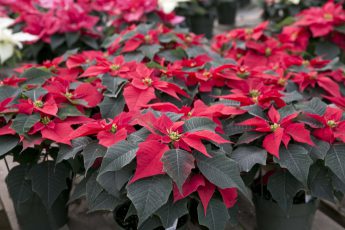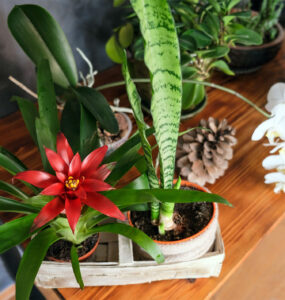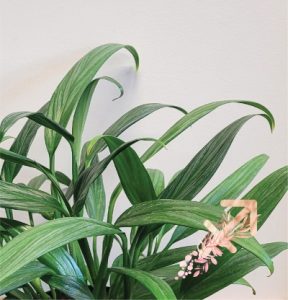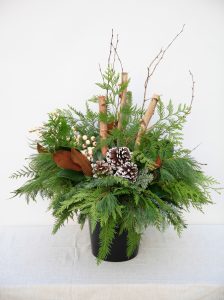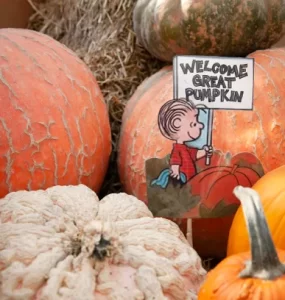Apple Maggots 101:
by Rob Sproule
We’re all heard murmurs about Apple Maggots (Rhagoletis pomonella) and how they pose a real threat to backyard apple production across Alberta. I’d like to be writing this to say that the stories are hyped up and it’s not that much of a threat, but unfortunately it is.
Who are they?
Also called ‘Railroad Fly’, apple maggots have been a century in Canada but were only identified in Edmonton in 2005 and are the most destructive pest in Alberta gardens today. Given the extent of the damage they’ve done to commercial and residential apple crops in B.C., it’s important to understand the reality of the threat.
You’ll be able to spot the flies from their tell-tale black and white striped wings; think of them as flying raccoons. They will spread outwards, however, and can fly in a 200-300 yard radius. It’s not just apples, either; they can strike hawthorns and even sour cherries, plums, and pears.
Prevention is a chore, so as you do it make sure to knock on the door of any neighbours with apple trees. As they probably won’t be aware of the situation, explain it to them and ask if they would please contribute by picking up their apples. It takes a neighbourhood to keep them at bay and/or eradicate them.
Their life cycle
The pupae stay tucked under the soil surface throughout the winter and emerge as flies, usually after a good rain to soften the earth, in late June or early July. Since they usually crawled out of a fallen apple, all they have to do is fly upwards to a suitable tree.
After a summer spent gorging and ruining your apples the fat maggots are ready to overwinter. When the apples fall in the “fall” they crawl into the insulated earth, which will serve as their summer home.
While the maggoty apples are, technically, edible, the thought of eating maggots is unpleasant at best. They can be fed to livestock (from a trough, not the ground), or even be used to make cider or applesauce.
How to control them
For decades, gardeners have been used to reaching for the chemicals whenever a pest pops up. With systemic sprays off the market and an increasing awareness of what over-applied pesticides are doing to birds, beneficial insects, and pollinators.
The best way to control them is to break their life cycle. Their most vulnerable stage is the few days that elapse between the apple falling and them burrowing into the ground’s safety. If you pick the apples up promptly, you can prevent them from getting established or even break an infestation in one life cycle.
Another method is to lay a tarp down around the tree, extending from the trunk to the drip-line (outer edge of the leaves). Unless you want to kill the lawn underneath only do this while the apples are falling. The maggots’ attempts to burrow underground will be foiled and you’ll be able to pick the apples up in one go instead of having to monitor the tree daily.
You’ll want to put in the apples in the garbage instead of the compost. It may seem like a waste of compost, but otherwise they will simply burrow into the compost as if it were the ground and continue the life cycle.
You can also hang apple maggot lures and traps in your trees in the early summer to snag the roving flies. The trap is basically a poisoned apple (‘Snow White’ style), only it’s coated in sticky pheromones instead of poison. When the randy flies, looking to make more maggot babies, land on the apple the are stuck to it forever. It’s romantic in a dark and twisted way.
While apple maggots are a serious threat, they aren’t unstoppable. The most important step to stopping them is to educate yourself and your neighbours about the problem and the steps they need to take if they have apple trees.



